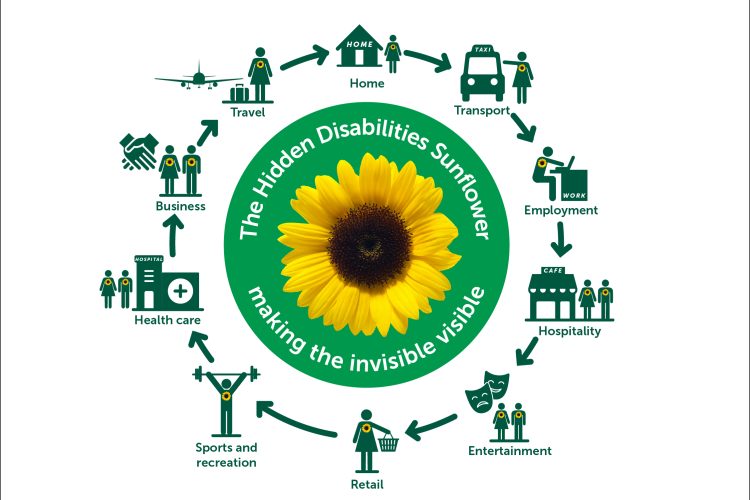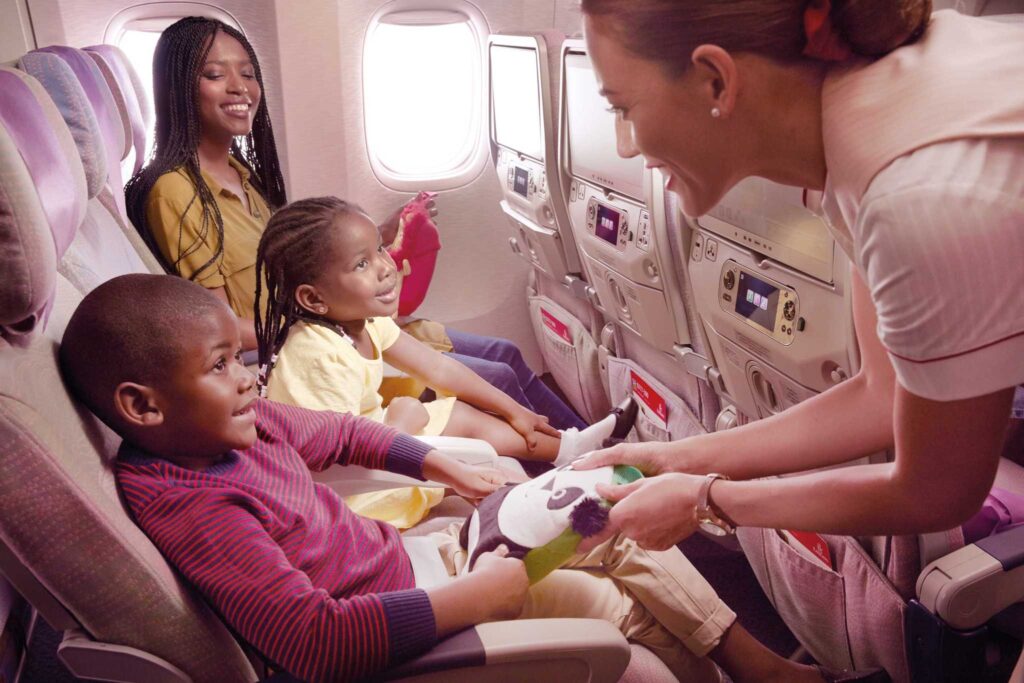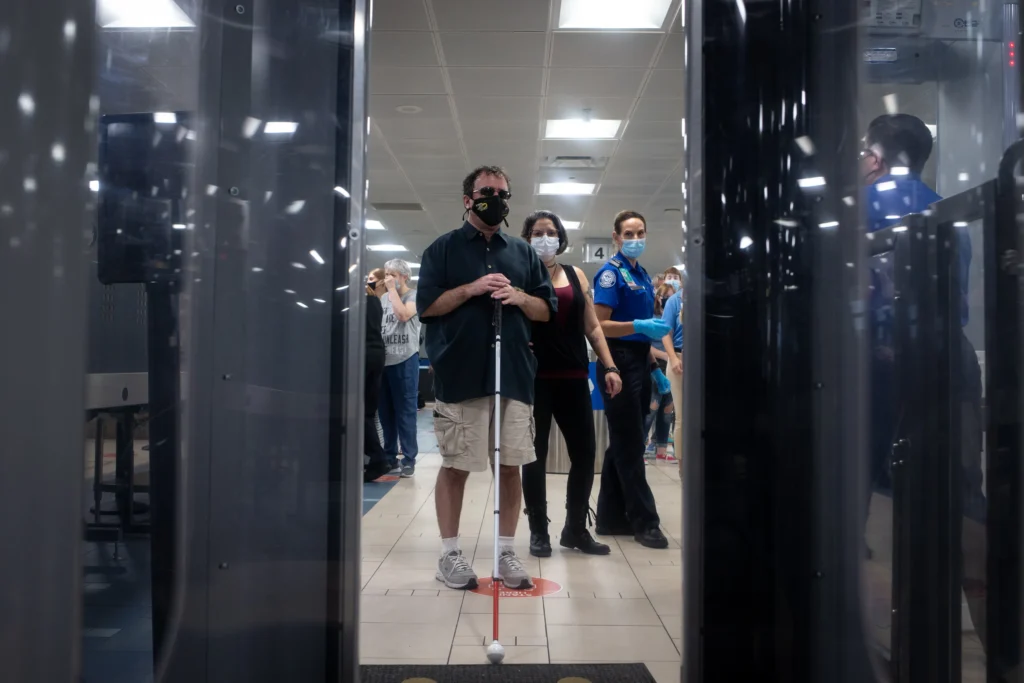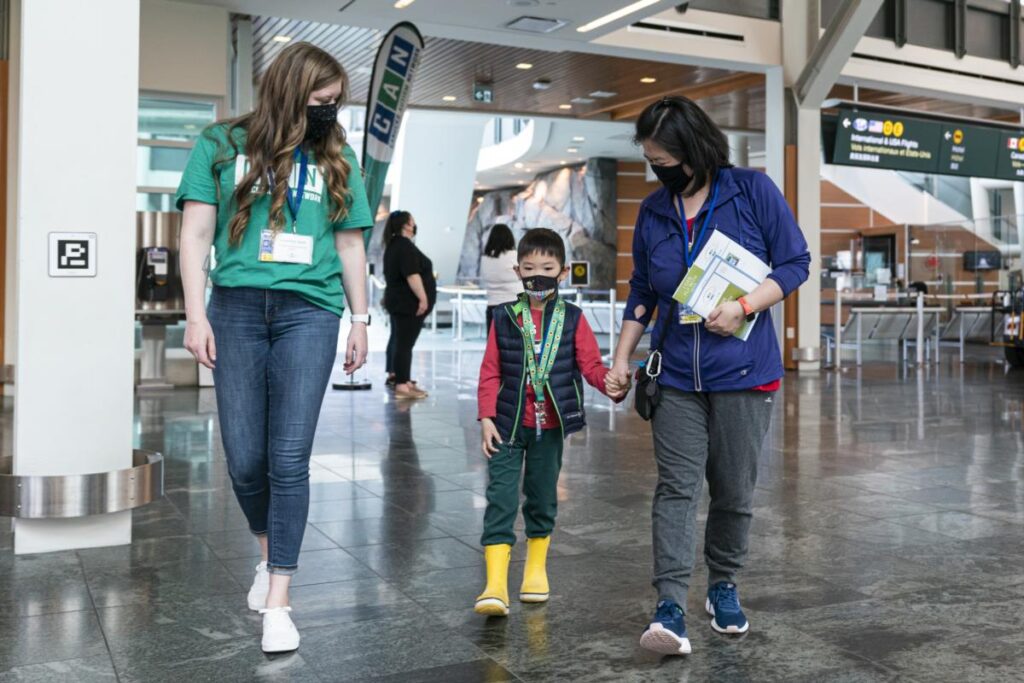Summary
Traveling with neurodiverse needs requires careful planning and proactive communication to ensure a smooth and enjoyable experience. Airlines, hotels, and tour operators are becoming more accommodating, but it’s important to clearly express your needs to receive the support you or your loved one deserves. Here’s a guide to help you advocate for accommodations effectively.
Traveling with neurodiverse needs requires careful planning and proactive communication to ensure a smooth and enjoyable experience. Airlines, hotels, and tour operators are becoming more accommodating, but it’s important to clearly express your needs to receive the support you or your loved one deserves. Here’s a guide to help you advocate for accommodations effectively.

Why Communication Matters
Many travel providers are willing to assist but may not know how unless you share specific information. By communicating your needs in advance, you:
- Minimize stress and misunderstandings during travel.
- Help providers prepare necessary accommodations.
- Contribute to creating a more inclusive travel experience for others.
1. Communicating with Airlines
Airports and planes can be overwhelming, so notifying the airline about neurodiverse needs is essential.

Before Booking
- Research Airline Policies: Check the airline’s website for accessibility services, such as priority boarding, sensory kits, or special seating options.
- Choose Seats Wisely: Opt for seats near the front or back for quick boarding and deplaning. Bulkhead seats often provide more space.
At the Time of Booking
- Add Special Requests: Many airlines have a section for special requests, where you can note needs like extra time for boarding or a specific seat preference.
- Call Customer Service: Speak directly with a representative to explain your requirements, such as needing assistance during security checks or a quiet waiting area.
Before the Flight
- Use Accessibility Programs: In the U.S., programs like TSA Cares provide help navigating security with a focus on hidden disabilities.
- Pack Documentation (if needed): While not always necessary, having a doctor’s note can help if you encounter any issues.

On Travel Day
- Introduce Yourself: Inform the gate agents and flight attendants of specific needs, such as minimizing sudden changes or providing headphones during announcements.
2. Communicating with Hotels
Hotels are often willing to customize services to ensure a comfortable stay.
Before Booking
- Research Property Features: Look for hotels offering quiet rooms, sensory-friendly spaces, or in-room amenities like blackout curtains or white noise machines.
When Booking
- Specify Needs Clearly: Mention accommodations like:
- Quiet rooms away from elevators or high-traffic areas.
- Extra pillows or blankets for sensory comfort.
- Access to a mini-fridge for special dietary requirements.
- Ask About Flexibility: Request early check-in or late check-out if routine changes are challenging.
After Booking
- Confirm Requests: Call or email the hotel a few days before your stay to ensure your requests are noted in their system.

3. Communicating with Tour Operators
Tour activities can be more enjoyable with the right accommodations.
Before Booking
- Choose Inclusive Operators: Look for tour companies specializing in accessible or neurodiverse-friendly travel. Some operators advertise sensory-friendly tours or smaller group sizes.
When Booking
- Explain Specific Needs: Examples include:
- Preference for smaller group tours to reduce sensory overload.
- Frequent breaks or flexible schedules.
- Modifications to activity difficulty or duration.

During the Tour
- Stay Open: If the experience isn’t working out, communicate with the guide. Many are trained to adapt to different needs on the spot.
General Tips for Communicating Needs
- Be Specific: Clearly describe your requirements and why they are necessary. For example, instead of saying, “We need a quiet space,” specify, “We need a room with minimal noise, away from elevators and the street.”
- Use Positive Language: Frame your needs as solutions the provider can help implement, such as, “To make this trip enjoyable for us, we’d appreciate seating arrangements that allow easy access to exits.”
- Provide Advance Notice: The earlier you communicate, the more time providers have to accommodate your needs.
- Leverage Advocacy Programs: Many airports, hotels, and tour companies now offer programs like the Sunflower Lanyard initiative or sensory-friendly guides.
- Be Prepared for Follow-Up: Sometimes, requests can get overlooked. Don’t hesitate to confirm or remind staff of accommodations upon arrival.
Sample Email Template for Requests
Subject: Special Accommodation Request for Upcoming Stay/Flight/Tour
Dear [Provider’s Name/Customer Service],
I am reaching out regarding my upcoming [stay/flight/tour] on [dates] under the reservation name [your name]. I wanted to inform you of a few needs to ensure a comfortable and enjoyable experience for my [self/family/companion].
- [List specific requests, e.g., a quiet room, priority boarding, or modified activity duration.]
- [Provide a brief explanation, e.g., “These accommodations will help reduce sensory overload and create a smoother experience.”]
Please let me know if there’s any additional information you need from me. I appreciate your efforts to make travel inclusive and accessible, and I’m happy to work with you to ensure the best experience possible.
Thank you for your understanding and support.
Best regards,
[Your Full Name]
Final Thoughts
Communicating travel needs doesn’t just help you have a better experience—it also raises awareness and encourages travel providers to improve their services for all. With open communication and advance preparation, you can ensure that every step of your journey feels inclusive, comfortable, and stress-free.
Need advice for specific accommodations or destinations? Let me know, and I’d be happy to assist!
